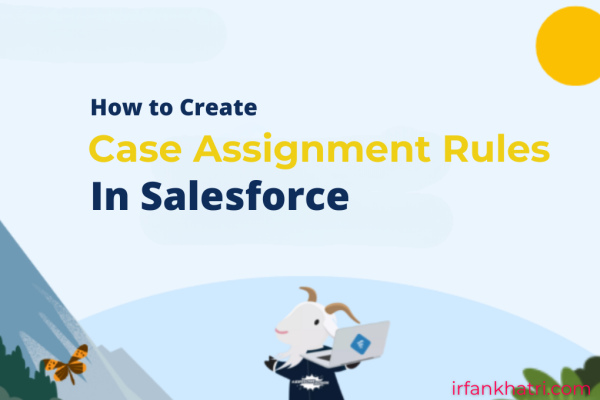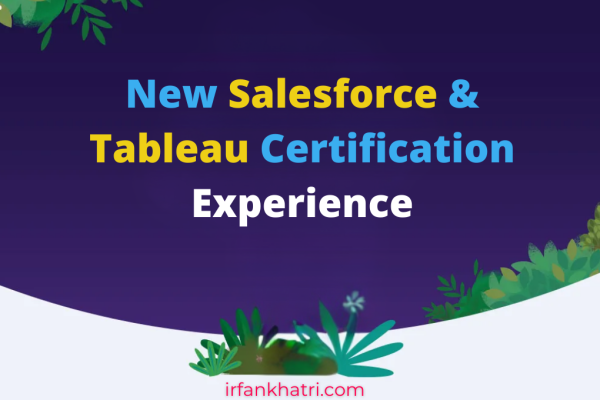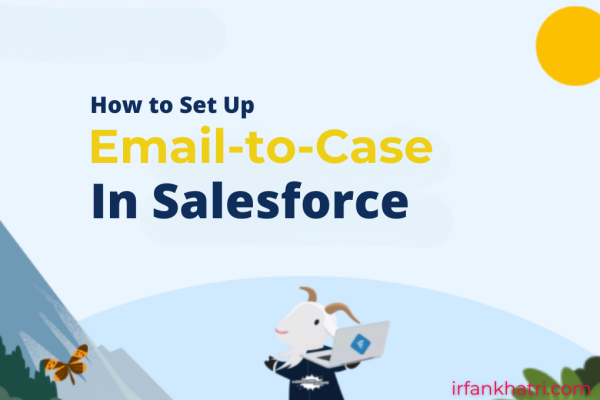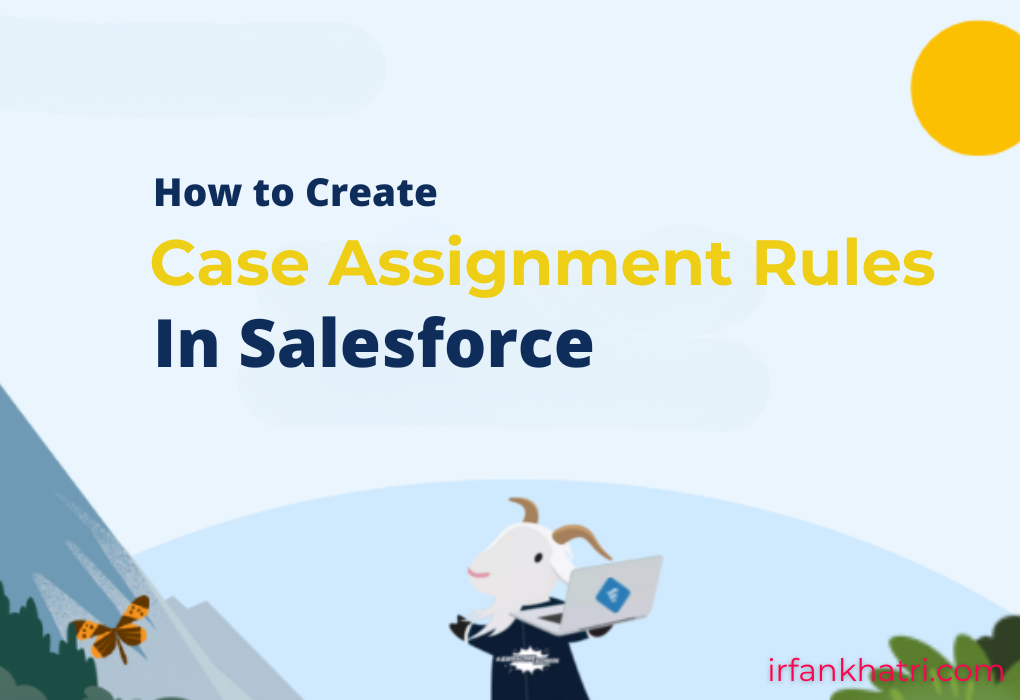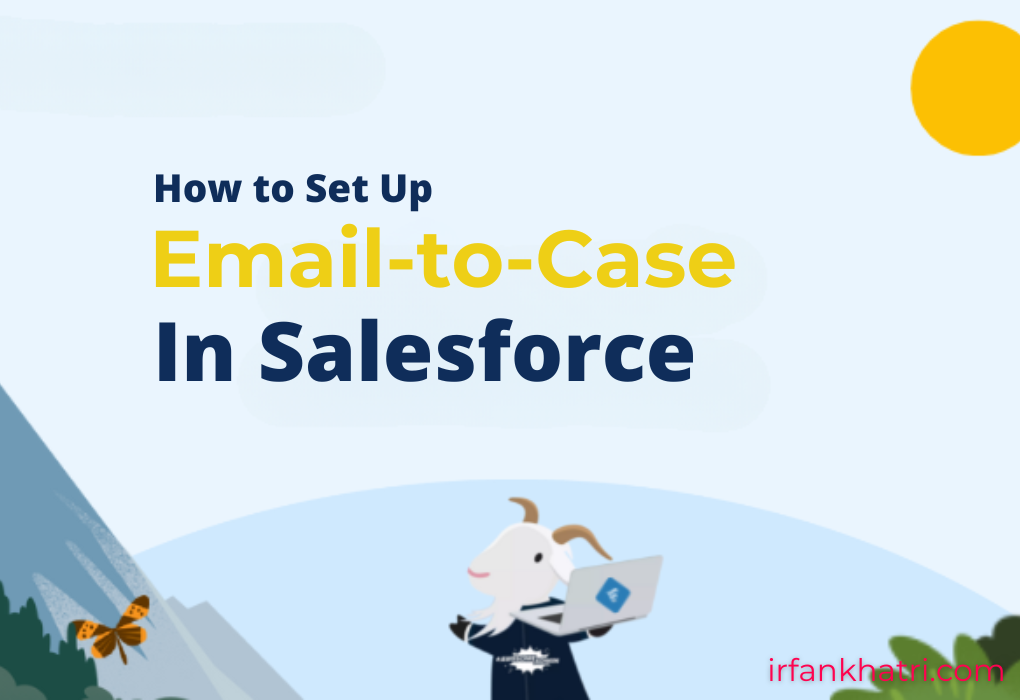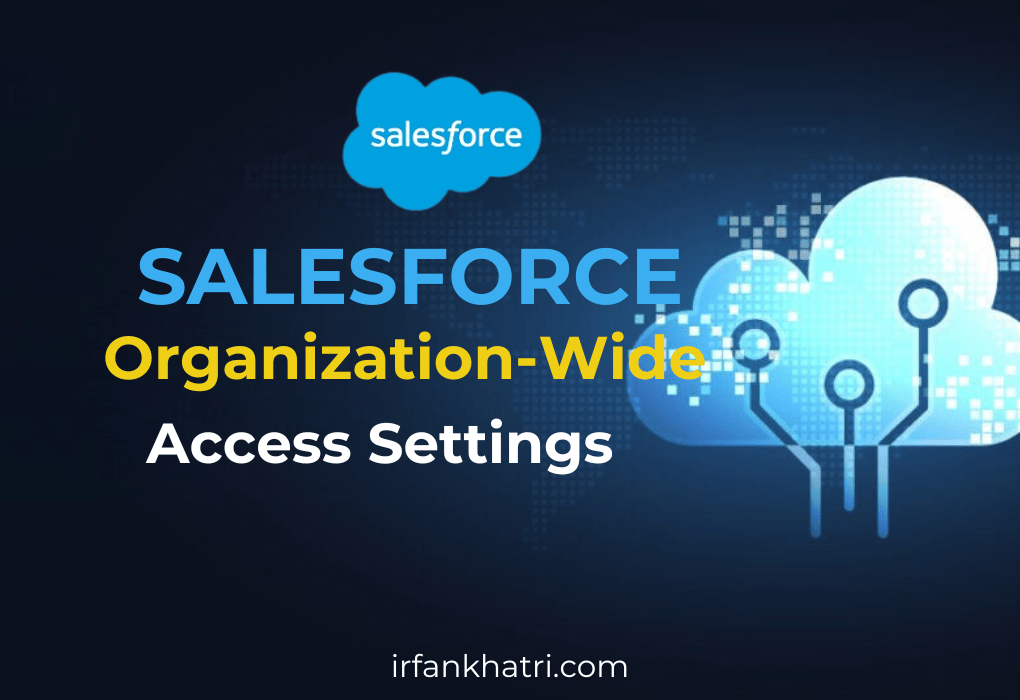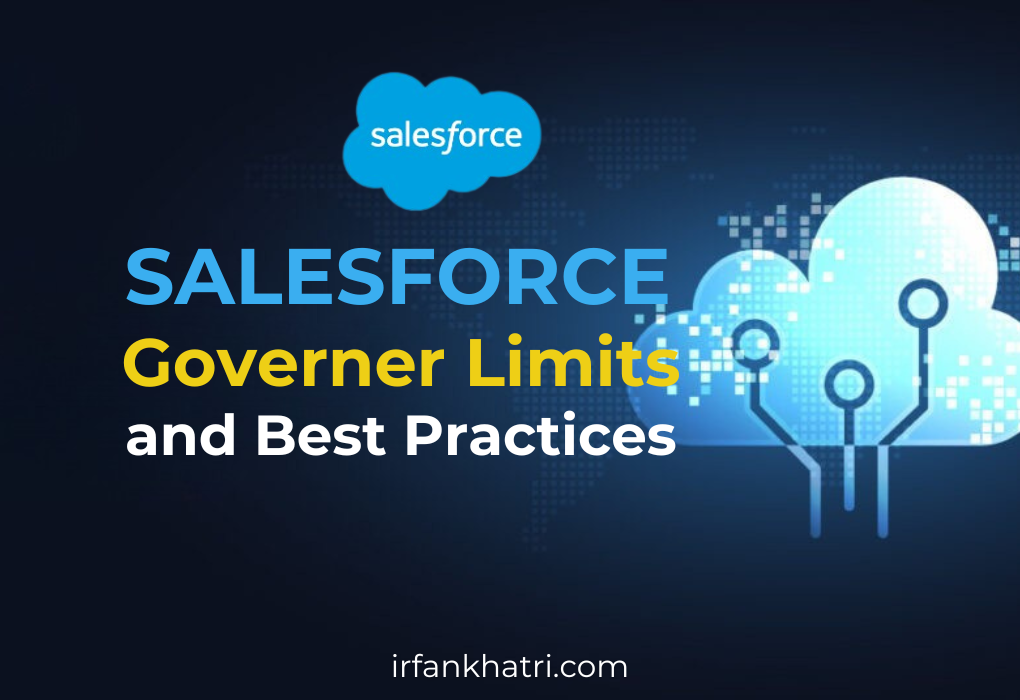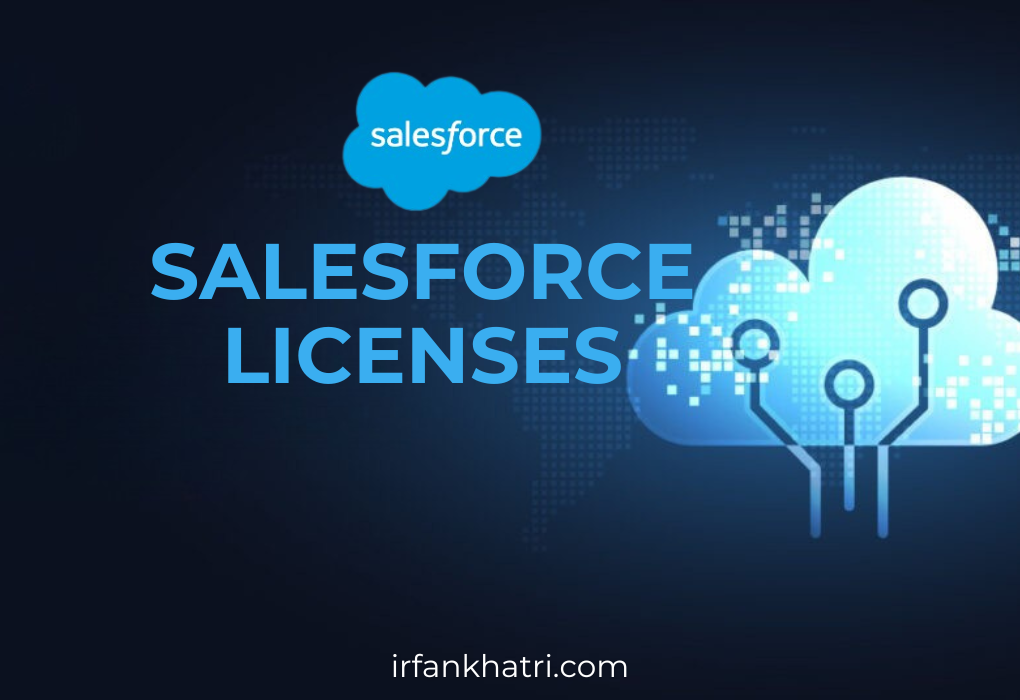
Salesforce Editions and Salesforce Licenses
Salesforce offers a variety of editions and licenses tailored to meet different business needs. Therefore, understanding the differences between these editions and licenses is crucial for businesses. By doing so, they can select the best option that aligns with their goals, requirements, and budget.
Salesforce Editions
Salesforce offers several editions, each providing a range of features tailored to different business sizes and complexities. Moreover, these editions differ in terms of functionality, customization options, and user limits. As a result, it is essential for businesses to carefully evaluate their needs before selecting the most suitable edition.
1. Essentials
Ideal for small businesses starting with CRM, the Essentials edition offers tools to boost sales and service productivity. It includes a setup assistant and administration tools for easy customization as your business grows.
2. Starter
Designed for businesses that need simplified setup and built-in onboarding tools, Starter combines sales, service, and marketing functionality in one suite. As a result, it helps businesses improve productivity across multiple departments, streamlining operations and enhancing overall efficiency.
3. Pro Suite
The Pro Suite edition is perfect for businesses requiring flexibility, automation, and light CRM integrations. Additionally, it offers key sales, service, and marketing features, along with in-app guidance, which helps businesses get started quickly and efficiently.
4. Professional
Built for businesses that need full CRM functionality, the Professional edition offers easy-to-use customization, integration, and administration tools, making it ideal for small to midsize deployments.
5. Enterprise
Tailored for large and complex organizations, the Enterprise edition provides advanced customization, integration tools, and access to Salesforce APIs. Consequently, it supports large-scale deployments and ensures seamless integration with back-office systems, enabling businesses to optimize their operations efficiently.
6. Unlimited
The Unlimited edition extends your platform’s capabilities across the enterprise, providing all Enterprise Edition functionality along with Premier Support, mobile access, unlimited custom apps, and enhanced storage limits to maximize your success.
7. Developer
Focused on developers, the Developer edition provides access to the Salesforce Platform, including Agentforce and Data Cloud, enabling integration, app development, and new tool creation. It also includes features available in the Enterprise Edition.
You can view your Salesforce Edition in Company Information tab.

Salesforce Licenses
Salesforce offers a variety of licenses to provide businesses with flexibility and scalability. Understanding the differences between them allows businesses to select the best options that align with their needs.
Salesforce provides four types of licenses and usage-based entitlements. To view the list of all licenses go to Setup → Company Settings → Company Information.
1. User Licenses
User licenses determine the baseline of the features a user can access. Every user needs to be assigned a user license to access Salesforce. You assign user permissions for data access through a profile and optionally one or more permission sets. Below are some of the standard user licenses and full list can be found here.
- Salesforce: Designed for users who require full access to standard CRM and AppExchange apps.
- Knowledge Only User: Designed for users who only need access to the Salesforce Knowledge app.
- Identity Only: Provides extra licenses for employees to access only identity services, such as single sign-on (SSO).
- Salesforce Integration: Grants access to Salesforce data and features only through the API.
- Salesforce Platform: Seat-based license, designed for users who need access to custom apps but not to standard CRM functionality.
- Lightning Platform – One App: Designed for users who need access to one custom app but not to standard CRM functionality.

You can assign the user license while creating or update it later also.
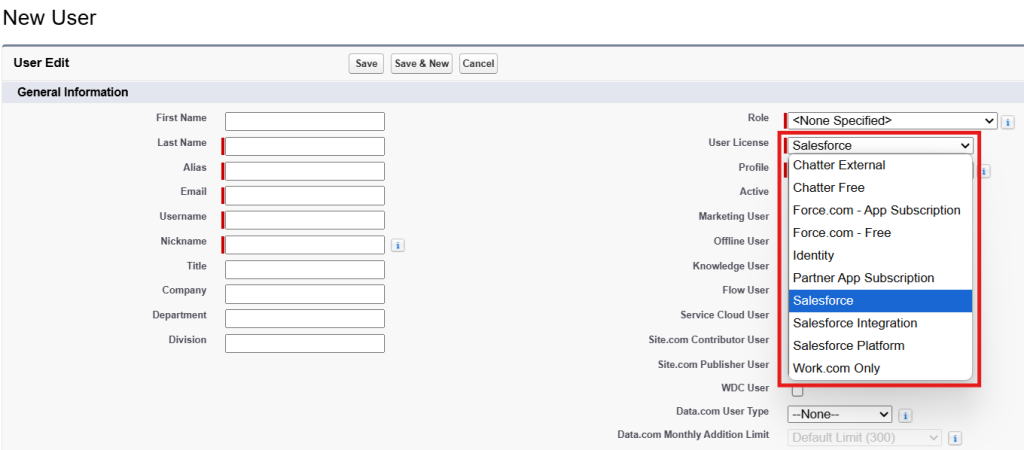
2. Permission Set Licenses
Permission set licenses grant users access to additional features that are not included in their assigned user license. Users can be assigned multiple permission set licenses as needed.

3. Feature Licenses
Feature licenses are supplementary licenses that unlock additional features and tools on top of the base user licenses. Users can be assigned any number of feature licenses. Examples are Marketing User, Chat User and Service Cloud User. The full list can be found here.

4. Usage Based Entitlements
A usage-based entitlement is a limited resource that your organization can use on a periodic basis. For example, the allowed number of monthly logins to a Partner Community or API Request Limit per Month is a usage-based entitlement.

Experience Cloud User Licenses
Salesforce Experience Cloud, formerly known as Community Cloud, is a platform that enables organizations to create and manage branded digital experiences for their customers, partners, and employees. It allows businesses to build customized portals, websites, and mobile apps that connect users to the data and services they need. There are five license types:
1. External Apps
Custom digital experiences to engage any external stakeholder, including Brand Engagement and Customer Loyalty. Limited access to CRM objects. The External Apps license can be used with person accounts.
2. Customer Community
Business-to-consumer experiences with large numbers of external users who need access to case objects or knowledge. The Customer Community can be used with person accounts.
3. Customer Community Plus
Business-to-consumer experiences with external users who need access to reports and dashboards and need standard sharing. The Customer Community Plus can be used with person accounts.
4. Partner Community
Business-to-business experiences that need access to sales data such as partner relationship management. The Partner Community can’t be used with person accounts.
5. Channel Account
Business-to-business sites and portals that calculate their usage based on the number of partners instead of the number of individual users.
Conclusion
In conclusion, choosing the right Salesforce license is essential for businesses to optimize their use of the platform and align it with their specific needs. With a variety of editions and licenses available, organizations can select the best option based on factors such as size, complexity, functionality, and budget. By carefully evaluating their requirements, businesses can maximize productivity, enhance user experience, and ensure a seamless integration of Salesforce with their operations. Ultimately, selecting the appropriate Salesforce license empowers businesses to drive growth and achieve their goals efficiently.
